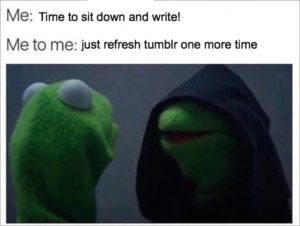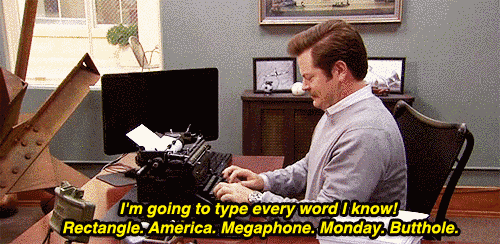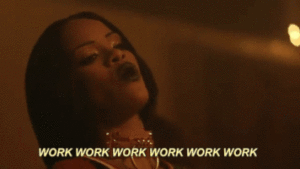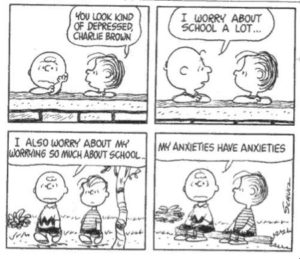What writer doesn’t want to be able to make money off their writing? Sure, we might all have other goals just in case our novels don’t make the New York Times bestseller list, but I think we can all admit that being able to write as our primary job would be a dream come true. Even if we can’t write as a primary job, though, writing can be a great way to make supplemental income.
Personally, I haven’t made a ton of money off of my writing, but I’ve been paid for six pieces of writing: a poem, two essays, and three fiction pieces. You can make money from writing contests, literary magazines and blogs that pay to publish, writing commissions, and by self-publishing work and selling it somewhere online like Amazon. I’ve also, along with my paid writing jobs, done unpaid volunteer writing, like for this blog and also for newspapers.
Unfortunately, there are quite a few obstacles to being able to make money just writing, or even just volunteer writing–writing as a commitment, rather than just for fun, can be a struggle. Now, I don’t exactly have solutions to all of these problems, I just wanted to identify them so independent writers out there know that they’re not the only ones struggling, and maybe so they can put a name to obstacles that they couldn’t completely identify before.
So here are some of the obstacles, according to me and to my writer friend, KC:
“In addition to whatever obstacles there might be in different businesses, there is the fear of starting out…the insecurity that stops people from putting themselves out there,” KC told me. Writers can be very protective of and insecure about our work, and that insecurity can be so much worse when it comes down to sharing our writing with a large audience. I personally don’t really have this fear any more, and it’s probably because I’ve been publishing since I was fifteen. I think that maybe the only solution to the fear of putting yourself out there is to…well, practice putting yourself out there. Before you do that, however, it can be helpful to try to build up your confidence in your own writing. Trust in yourself to produce your best work is essential.
It can be hard to self-manage and commit to a project, especially if you’re writing independently and don’t have a publisher or agent watching over your project…and even when I have had someone guiding me, I’ve definitely, at least once, started writing my project the morning it was due.
To make money off of writing, you basically have to be your own business. It’s a good idea to have social media, like a Twitter or Tumblr or WordPress account, to advertise your writing or keep an online archive. Promotion is essential–being an independent writer requires a lot more skills than just writing.
Lastly, burnout is a serious issue. When you’re trying to write thousands of words a day every day for weeks, you get tired. I know just about every writer will tell you that you have to write every day. And I know I’m young, but I’ve been writing my whole life, and if there’s one thing that I’ve learned it’s that I can’t write every day. If I do that, I burn out, I start to hate my project, and I start to hate writing. For me, it’s important to take breaks and give my brain a rest. Sometimes a Saturday off, when I just go for a run, hang out with friends, get some sleep, and ignore my writing for twenty-four hours is exactly what I need to re-energize my project.
I hope this has helped, at least, let you know that you’re not alone out there in the big world of writing! Here’s a meme:










